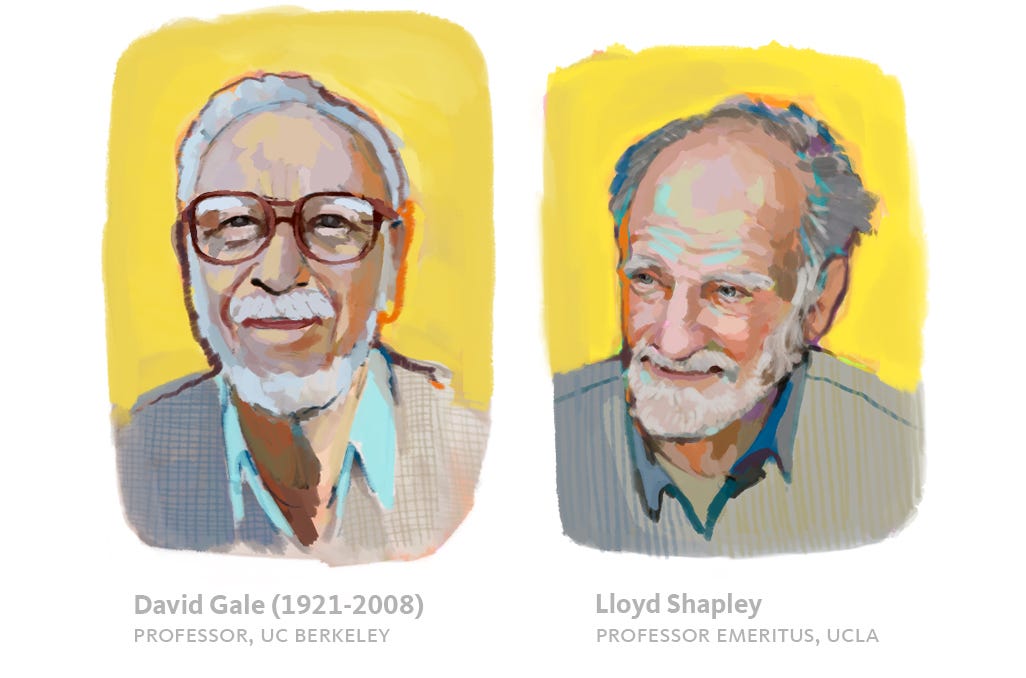Here's an article saying that direct communications between residency programs and candidates can't be fixed, and so should be banned...
Lars J. Grimm, Carolyn S. Avery, and Charles M. Maxfield (2016) Residency Postinterview Communications: More Harm Than Good?. Journal of Graduate Medical Education: February 2016, Vol. 8, No. 1, pp. 7-9.
...
Lars J. Grimm, Carolyn S. Avery, and Charles M. Maxfield (2016) Residency Postinterview Communications: More Harm Than Good?. Journal of Graduate Medical Education: February 2016, Vol. 8, No. 1, pp. 7-9.
...
| A Proposal to Reduce Misrepresentation |
|---|
The prevalence of potentially misleading language in postinterview communications is troubling. Deliberate misrepresentation flouts expectations for ethics and professionalism in physician training. The residency application process is competitive for both applicants and residency programs, and both desire to maximize their chances for success. While this is no excuse for violating policies or misrepresenting the truth, when there is a pervasive belief that everyone is engaged in the same process, it feels like less of an egregious offense.
The simplest solution to stopping abusive postinterview communication practices is for the NRMP to ban all communications.10 This approach would be highly effective at leveling the playing field, and in our survey, was supported by 45.5% (122 of 268) of program directors. A simple abstention system would remove any ambiguity from the process and eliminate the temptation for abuse and mistrust. Unfortunately, this approach would also prevent appropriate forms of communications that help both sides make more informed decisions and provide reassurance when possible. Since applicants and residency programs will be matched for 1 to 7 years, it is important to make sure that all questions and doubts are addressed up front before a binding commitment is made.
A more realistic middle-ground option would limit postinterview communications to objective questions about training programs (box). Toward this goal, the Alliance for Academic Internal Medicine recommends that programs “should discourage routine thank you notes or e-mails from interviewed applicants,” and that questions should be directed “only to individuals on the program's approved contacts list.”17 By setting clear universal expectations about the types of permissible communications on interview day, residency programs could reduce the flow of misleading information in both directions. If additional oversight is needed, (ie, programs with a history of NRMP violations), all postinterview communications could be forced to pass through a messaging service on the NRMP website.9 Furthermore, if all communications are logged for potential future review, then individuals would be inclined to behave in a more ethical fashion.
box Recommendations
- Set clear expectations for applicants on interview day about appropriate forms of postinterview communications
- Limit postinterview communications to objective information
- Provide a point person to handle all postinterview communications
- Consider logging all postinterview communications to safeguard ethical standards
- Initiate dialogue on a national level within specialties to create specialty-specific consensus guidelines
Since medical students usually go through the application process once, the onus is on the residency programs to lay out clear expectations for appropriate behavior. An approach that designates a single individual within the residency program to handle all postinterview communications is likely the most practical. We also suggest that the approach should allow each specialty to set its own communication guidelines, as the number of applicants, size of residency programs, duration of training, and competitiveness are unique to each specialty. Our survey shows that each specialty differs in the type, frequency, and influence of postinterview communications. By allowing each specialty to set its own policies, this also allows programs to feel more engaged in the process, and thus more likely to follow the guidelines.
We encourage residency program directors in all specialties to talk with their colleagues and propose sensible regulations for postinterview communications to reduce the widely prevalent misrepresentation and unethical behavior that has come to be synonymous with the residency application process.
 That may change with the publication of
That may change with the publication of





